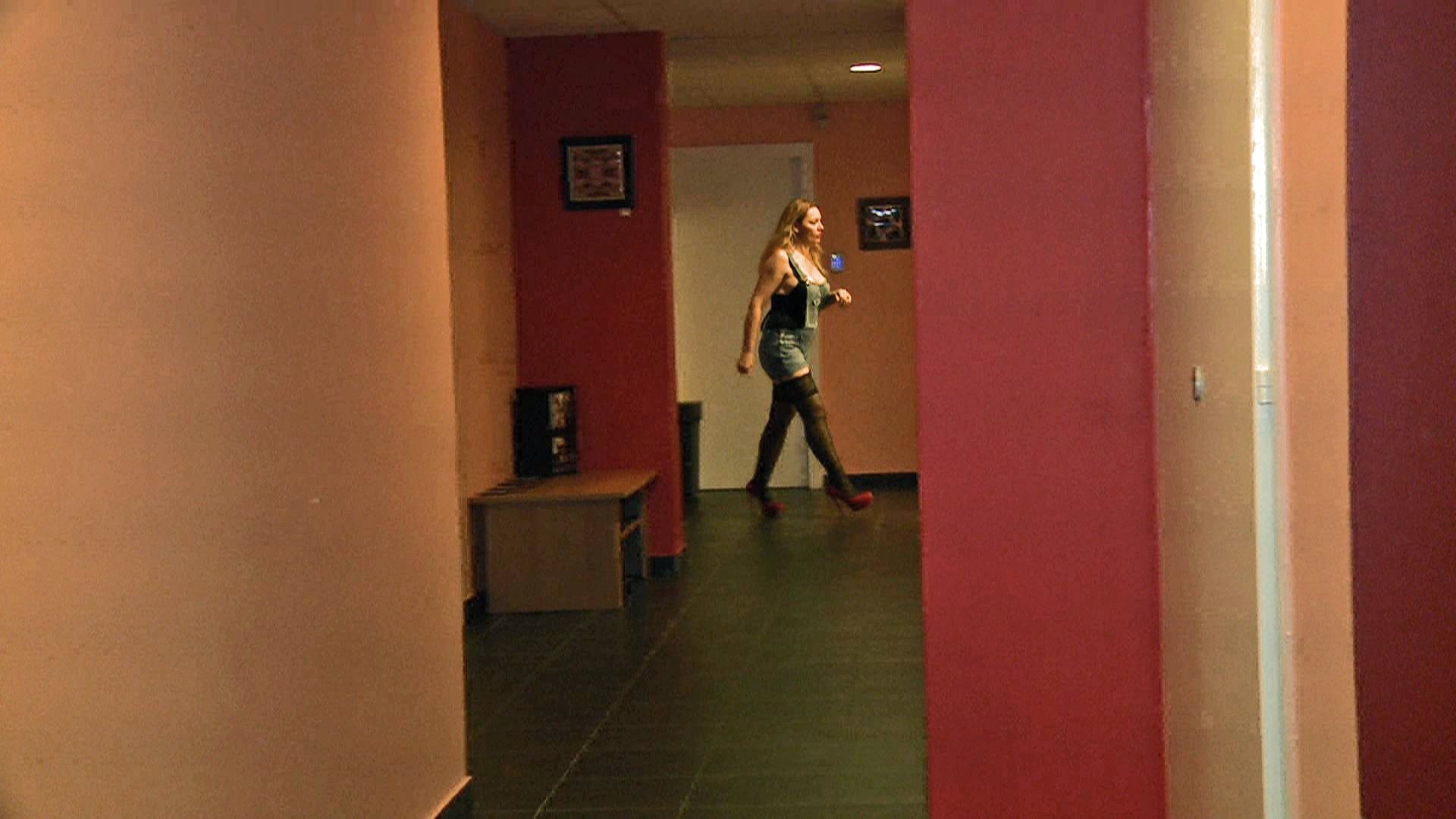
Geneva sex workers may have to go back to school

New sex workers in Geneva may be obliged to follow courses on prostitution law, health prevention and how to deal with clients, under a draft bill. The initiative follows a recent rise in the number of prostitutes travelling to work in the region.
“The courses focusing mainly on health and prevention measures will be obligatory for all new sex workers registered in Geneva,” Nicolas Bolle, deputy secretary general of Geneva’s security and economy department, told swissinfo.ch.
Those taking the 90-minute daily courses must also learn about their obligations to their clients and the people running their massage salon or escort agency, he told the GHI newspaper on Wednesday.
“They must learn about Geneva’s prostitution law, how much to charge clients, health prevention and sanitary check-ups as well as the associations that can help them,” Bolle added.
In Switzerland, prostitution has been legal since 1942. When carried out voluntarily, it is considered a form of independent economic activity and the proceeds are subject to tax. But those who do this need to have their papers in order, hold work or residence permits and declare their occupation to the cantonal authorities.
The idea of the Geneva courses follows recommendations by Cours des Comptes auditors about the new arrivals’ lack of information about the profession, the local situation and the risks.
“Given the large number of migrants who report to our services, these courses will be given every day in several languages by social workers and will be free,” said Bolle.

More
Managing Geneva’s largest erotic salon
Rise in numbers
Geneva has witnessed a large rise in the number of prostitutes travelling to work in the area in the past five years, mainly from Spain, Hungary, France and Romania. In 2016, 10,096 prostitutes were officially registered on the Geneva police database.
But in reality only 700-900 practice on a daily basis, Bolle explained. Many work occasionally in massage salons for three months and do not tell the police to take them off the database when they leave the canton.
It is also unclear how many may be residing illegally in the canton.
“It’s difficult to say as it’s a grey area,” Bolle said. “But I think it’s probably a minority.”
Under the proposal, the courses will be managed by Aspasie, a group that has advocated for prostitutes in Geneva since 1982, and led by health and social work specialists as well as former sex workers.
Aspasie spokesman Michel Félix told GHI it was essential that ex-prostitutes were involved to ensure credibility, especially when dealing with issues like how to negotiate with clients and how to reduce the risks of violence and the spread of sexual diseases.
Social workers will also be available to provide information on avoiding exploitation and human trafficking, as well as professional reorientation programmes.
But the project, which will reportedly cost CHF200,000 ($195,000) to set up and CHF100,000 annually, still needs the green light from parliament and this could take at least a year, according to Bolle.

In compliance with the JTI standards
More: SWI swissinfo.ch certified by the Journalism Trust Initiative





































You can find an overview of ongoing debates with our journalists here . Please join us!
If you want to start a conversation about a topic raised in this article or want to report factual errors, email us at english@swissinfo.ch.